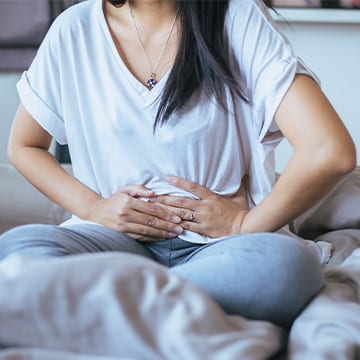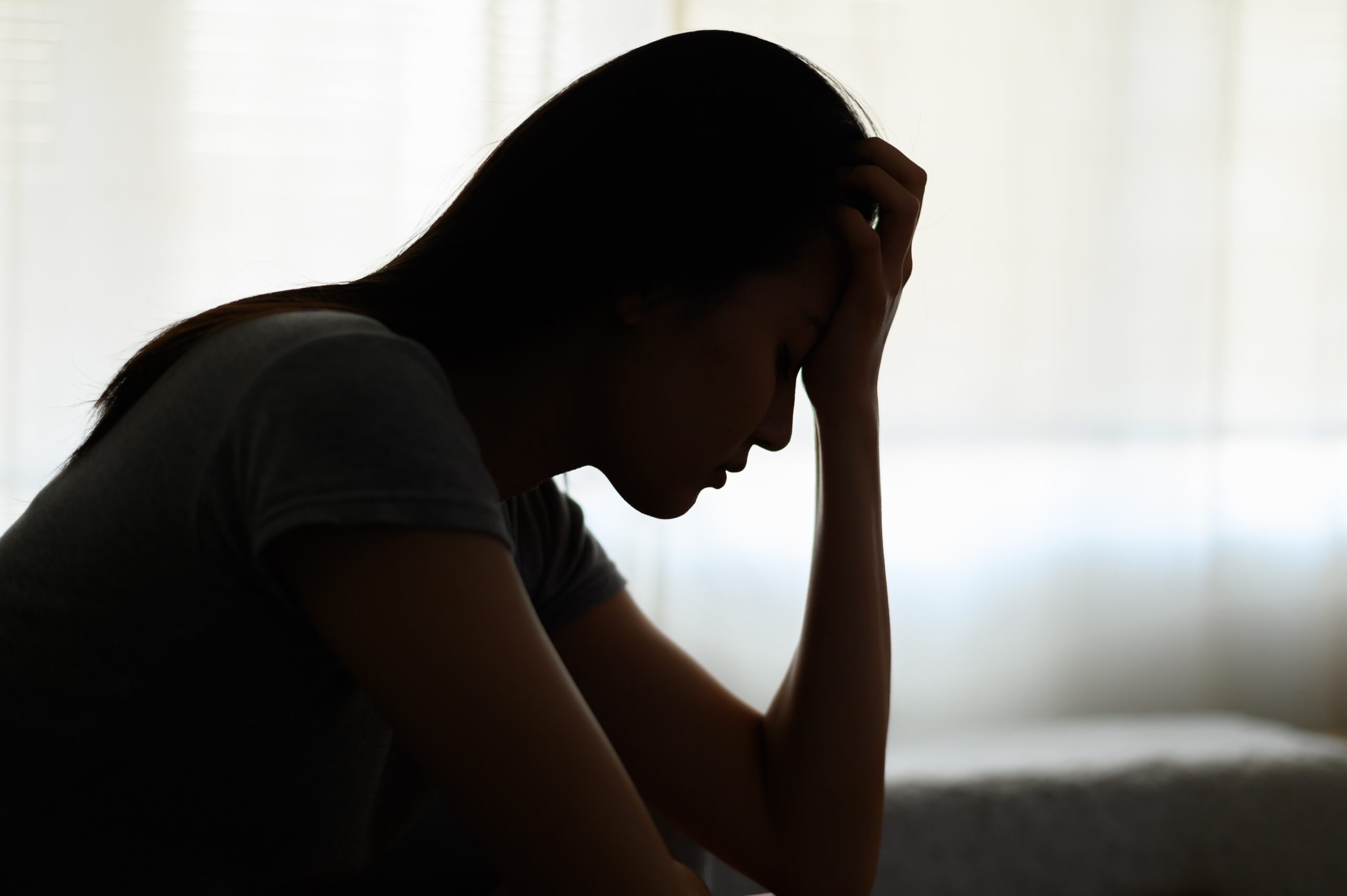
What is Vulvodynia?
Vulvodynia is a chronic pain condition of the vulva (the area around the opening of the vagina). It is defined as pain that does not have a clear cause and lasts for more than three months. The pain or discomfort associated with this condition can make having sexual intercourse or even sitting for long periods of time extremely uncomfortable.
“I highly recommend Dr. Tepper!He is highly professional, experienced, and calming. My pregnancy and birth were such a positive experience thanks to him and his lovely staff at the clinic.”
SEE MOREThe symptoms of vulvodynia include pain in the genital area, which can be described as:
- Stinging.
- Burning.
- Rawness.
- Soreness.
- Throbbing.
- Itching.
These symptoms may be constant or come and go, or may only occur when the sensitive areas are touched. In some cases, the vulvar tissue may also appear slightly swollen or inflamed.
While the exact cause of vulvodynia is not known, there are many factors that may contribute to the onset of this condition, including injury to nerves in the vulvar region, hormonal changes, allergies or sensitive skin, past vaginal infections, weakness or muscle spasms in the pelvic floor, fibromyalgia, irritable bowel syndrome (IBS), painful bladder syndrome, and more.

MEET DR. ALEX TEPPER
Welcome to my practice. Let me introduce myself and my practice philosophy. I am a board certified OB/GYN in practice for over 20 years and have been a solo-practitioner on the Upper East Side of Manhattan since 2000. All deliveries are performed at The Mount Sinai Medical Center where I went to medical school and at Lenox Hill Hospital.
Diagnosis and Treatment of Vulvodynia
In order to diagnose vulvodynia, Dr. Tepper will speak with you regarding your symptoms and ask you questions regarding your medical, surgical, and sexual history. He may also perform a pelvic exam to check for any signs of infection or abnormalities.
The main goal of treatment for vulvodynia is to relieve symptoms. It may take some time to find the treatment that works for you, so try to be patient with the process. Treatment options may include one or a combination of the following:
- Medications: There are a variety of medications that can be prescribed to help reduce chronic pain or itching such as steroids, tricyclic antidepressants, anticonvulsants, or antihistamines.
- Local anesthetics: Lidocaine ointments may provide temporary relief from itchiness or discomfort.
- Biofeedback therapy: This type of therapy will teach you how to relax your pelvic muscles and better control how your body responds to symptoms, ultimately reducing pain.
- Pelvic floor therapy: This form of therapy involves exercises to relax muscles of the pelvic floor, which can help to relieve symptoms of vulvodynia.
- Nerve blocks: For patients who have long-term pain that has not responded to other treatment options, local nerve block injections may be an option.
- Surgery: If your vulvodynia is severe and localized to a certain area, surgery can be performed to remove the affected skin and tissue. Some women find that this option helps to relieve their pain.
Lifestyle Changes to Manage Symptoms
There are also some lifestyle and home remedies that you can try to help manage your vulvodynia symptoms. Those who are not candidates for medical treatment options or who wish to try a more natural approach may find these options appealing and/or helpful.
- Sitz baths: Soaking in a sitz bath 2-3 times a day for up to 10 minutes can help to relieve symptoms. Use lukewarm or cool water with Epsom salts or colloidal oatmeal.
- Cold compresses: Placing cold compresses directly onto the outer genital area can ease discomfort.
- Avoid tight clothing: Do not wear clothing that restricts airflow to the genital area, which can lead to irritation. Breathable clothing is ideal, as is cotton underwear.
- Avoid hot baths: Spending time in hot water such as hot tubs or hot baths may exacerbate symptoms.
- Do not use scented feminine items: Avoid scented or deodorant pads and tampons.
- Avoid certain activities: Some activities such as horseback riding or biking, which put pressure on the vulva, can make your symptoms worse.
- Use lubricants with sex: Using lubricants before sex can aid in easing any discomfort you may experience during intercourse. Avoid products that contain alcohol or warming or cooling agents.
BOOK AN APPOINTMENT
Whether you are a new or returning patient, Dr. Tepper can assess your concerns and discuss your options to find the most comfortable and convenient care for you. To get started, call our office to set up an appointment.
CALL FOR APPOINTMENTContact Us to Learn More
If you are experiencing symptoms associated with vulvodynia, please contact our office today. We understand that this condition can be painful and impact your daily life, which is why Dr. Tepper will work with you to determine the best treatment option to help ease your symptoms.
Our Blog

Preterm Labor: Are You At Risk?

Postpartum Depression: Symptoms, Causes, and Treatments




